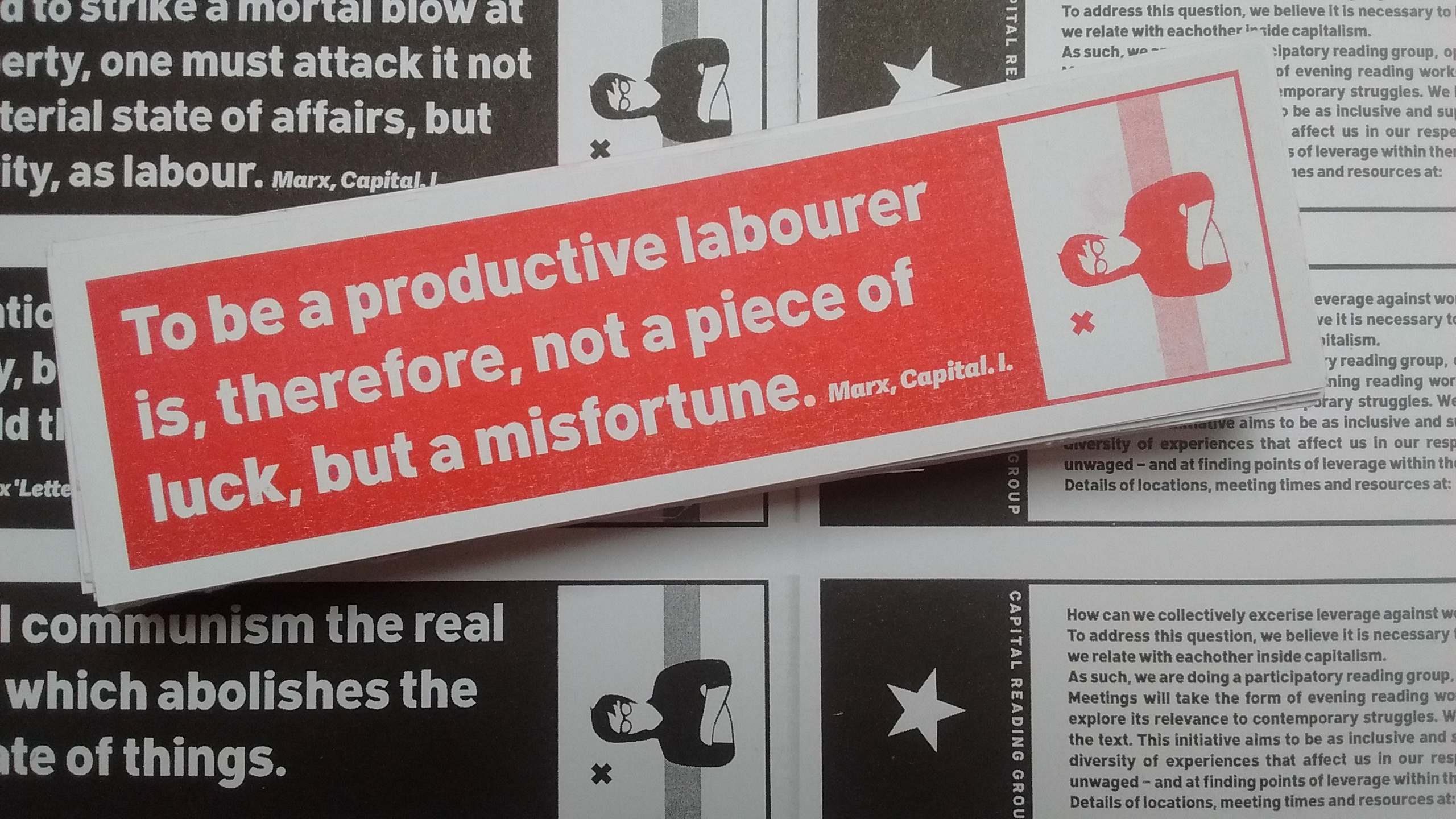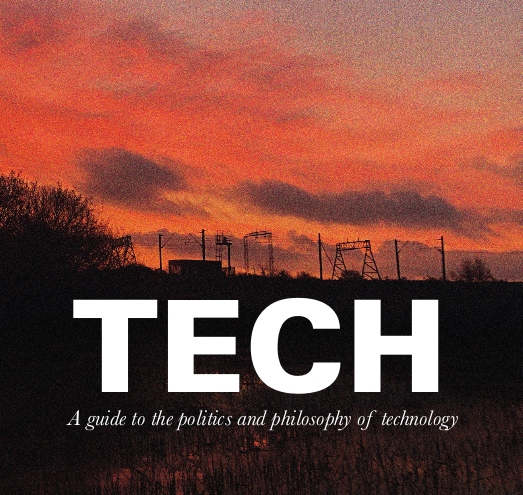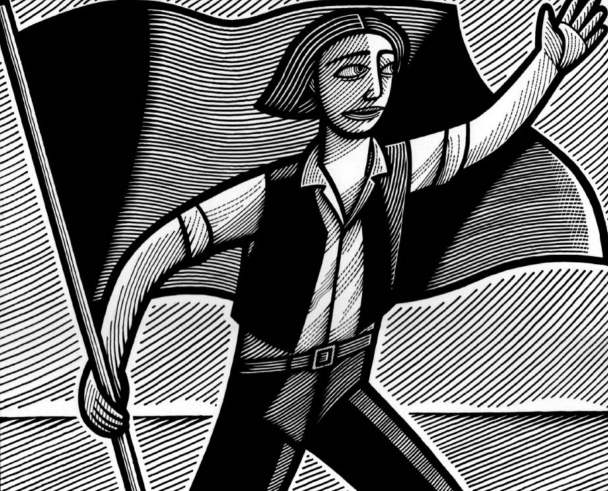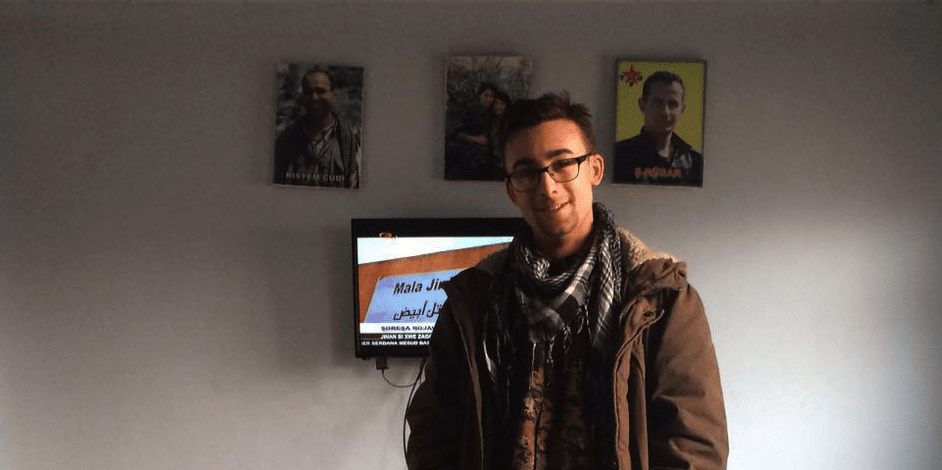As part of Plan C’s Social Strike cluster, we are excited to launch a 12-month reading group of Capital Volume 1 by Karl Marx. Readings take the form of weekday evening workshops in which we collectively read one paragraph at a time. Meetings could then be held fortnightly or every two weeks. We welcome collaboration from any interested political groups – including the IWW, CSE Midlands, Birmingham Autonomous University and co-operative and anti-sexist movements in South Birmingham.
Where, when and how?
After our preparatory session we are now ready to begin with the capital reading group properly. Don’t worry if you missed the first session! We will be starting right from the start again and will be making sure that it is easy for people to catch up if they miss sessions. The schedule will be three weeks of sessions and then one weeks gap, at least for the first few chapters before we review it.
Although the location isn’t 100% fixed we decided to try and make it work in Stirchley so that people can head to the pub after the sessions if they fancy. This weeks will be at the baths – we’ll ask people to chuck a quid or so into the hat to cover the cost, but don’t worry if you can’t afford that – no one will be turned away.
The first session is 7-9pm Stirchley Baths, Wednesday 15th of June.
If you want to buy yourself a copy of Capital we recommend buying the penguin edition as that is the one most of us seem to be going off of, although no reading is going to be taken as the most important and we will be providing pdfs of each weeks reading.
In future most information about the reading group will be cirulcated on the email list so if you’d like to join that send us a message or email us at birmingham(at)weareplanc.org
Why Capital?
In our topsy-turvy world, subjectivity is determined by capitalist social relations and experienced as mere formal individuality [1]. On the other hand, objectivity is the subjective standpoint of capital, experienced as objectification through labour [2]. Because of this, our struggles are themselves contradictory expressions of the social forms that make up capitalist social relations [3]. Armed with this insight, Marx’s Capital has become a source of inspiration and debate for workers worldwide. To address this, we are joining fellow workers and comrades to explore the characteristics of value and how its movements shape the ways in which we relate to each other in and against capitalism.
After his death, Marxist scholars became increasingly concerned with conducting close studies of the text so as to decipher what Marx ‘actually’ meant to say [4]. Alternatively, readers can focus on reading Capital to harness the power of its abstractions so as to give life to its categories of struggle [5]. Following the latter, “we do not anticipate the world dogmatically, but rather wish to find the new world through the criticism of the old” [6]. But what could value, capital and the commodity-form – to name a few – have to do with our everyday lives? Is it really necessary to read Capital to emancipate ourselves in and against capitalism? How useful can it be towards finding ways of collectively exercising leverage against work and its impoverishment today?
Absolutely. For “if it is desired to strike a mortal blow at private property, one must attack it not only as a material state of affairs, but also as activity, as labour” [7]. “To be a productive labourer is, therefore, not a piece of luck, but a misfortune” [8]. The struggle for the abolition of labour – the dominant form of social metabolism [9] – is therefore what we are concerned with; a form of anti-value in motion [10] which, we would argue, is a struggle that productive, unproductive and reproductive labourers alike have in common: a struggle that “we can call communism”, or the “the real movement which abolishes the present state of things” [11].
Aims of the reading group
We want to take our ideas and discussions back to our workplaces and political organisations. In line with our chosen theme, we will be focusing on the diversity of experiences that affect us as workers – whether we are waged or unwaged. Similarly, we hope to find favourable voices in our trade unions, and if not, we hope to empower ourselves to put forward a radical perspective wherever we can. You can also expect members of Plan C to think about ways of moving towards a transnational social strike with considerable British participation (http://planc.autonomic.zone/blog/call-for-a-transnational-social-strike-in-poznan-2-4th-oct-2015/).
We hope that the reading group will be an intellectual starting point and a potential catapult towards transnational coordinated action. Yet we do not pretend or claim to know what the social strike is or should be. Thus, the validity of the proposed reading group is precisely that of discussing the basics of workers’ power and leverage so that we may analyse together what this might look like in our own contemporary contexts. In the meantime, here are some useful starting points:
- Making a Living, Asad Haider and Salar Mohandesi’s introduction to a special issue of Viewpoint Magazine on social reproduction: http://planc.autonomic.zone/blog/introduction-viewpoint-magazine/
- Consciousness-raising is social strike, comrade Justin Murphy’s reflections on making communism in practice and its importance to the social strike: http://planc.autonomic.zone/blog/consciousness-raising-is-social-strike/
- Socialise the healthcare workers’ strike, Plan C’s contribution to generalising the junior doctors’ strike and to eradicate value from healthcare: http://planc.autonomic.zone/blog/socialise-the-healthcare-workers-strike/
Participation
In order to resist the emergence of internal hierarchies and to evenly distribute new skills that we may end up developing in the process, we have taken a suggestion from our comrades at Critisticuffs to structure workshops/reading group meetings in the following way:
- One person reads out a paragraph
- People ask questions if they think that they have not understood a certain word, concept, turn of phrase, etc.
- A volunteer makes a statement about the content of the paragraph in their own words in an attempt to level the terms of the discussion.
- The paragraph is discussed substantially. The particular form this discussion will take, however, will be allowed to emerge with time as people begin to get a hold of what the text means to them.
In the future, we could collectively choose to alter this process so that summaries are provided and the reading done at home instead. We note that the text is very difficult, that some people might have read it already, and that this initiative will start with a steep learning curve. As such, it’s possible that we will spend the first one or two meetings discussing one or a handful of paragraphs.
In solidarity,
Plan C Birmingham
[1] Guy Debord, Society of the Spectacle.
[2] Moishe Postone, Time, Labour and Social Domination: A reinterpretation of Marx’s critical theory.
[3] John Holloway and Sol Picciotto, “Capital, Crisis and the State”.
[4] See Hans Georg Backhaus’ Dialectic of the Value-Form for an example and for an argument on the futility of this effort.
[5] Bertell Ollman, Dance of the Dialectic: Steps in Marx’s Method.
[6] Karl Marx, “Letter to Ruge”.
[7] Karl Marx, Capital, Volume 1.
[8] Ibid.
[9] Istvan Meszaros, Social Structure and Forms of Consciousness: The Social Determination of Method.
[10] Ana Dinerstein and Mike Neary, “Anti-Value-in-Motion: Labour, Real Subsumption and the Struggles against Capitalism” in The Labour Debate: An Investigation into the Theory and Reality of Capitalist Work.
[11] Karl Marx, The German Ideology.





